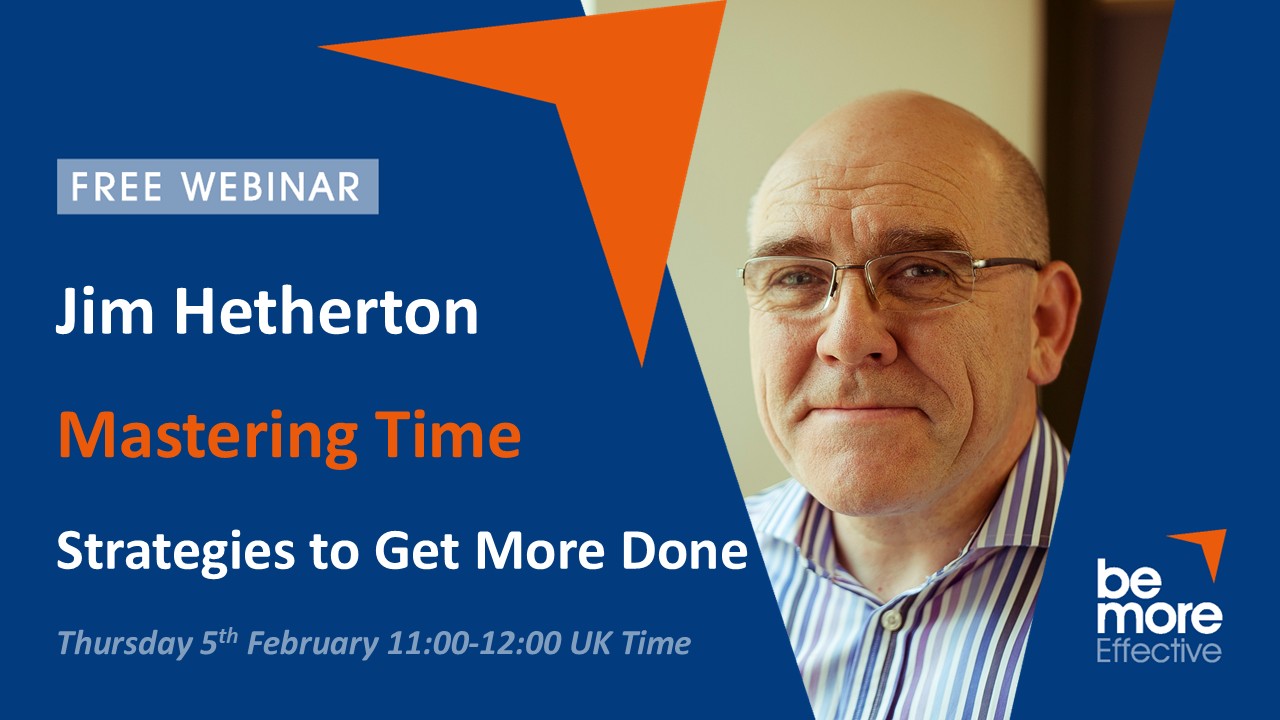Appreciative Inquiry: What Are You Waiting For?

In the run up to a wedding, couples become engaged. Some engagements are for a long time; others for almost no time at all. Some wait until after graduation or until a particular venue that they have their hearts set on become available. Others, especially if they are more mature, will tie the knot almost as soon as the papers come through.
Honeymoons vary in length, too, anything from a day or two to a week or even a month. Income has a lot to do with it. So do responsibilities.
When the initial celebrations are over, however, then the “work” of a marriage begins. Each has to adjust to the lifestyle of the other – the habits, the idiosyncrasies, and the things that you can only learn about someone by living with that person.
The key to a successful marriage, however, is that the engagement never ends. Instead, the couple works at keeping it going. They don’t ever take one another for granted. They both recognize how fortunate they are to have each other, and they do whatever it takes to preserve and even improve their relationship. After all; they’re in it for the rest of their lives.
They spend time as much time with each other as possible. They make every effort to communicate with one another as often as they can. They work towards the same goals and share the same interests. They even sacrifice for one another.
Some have weekly dates. Others have quarterly or annual meetings. Some schedule brief getaways. And, when they have them, some even include their children in planning for the future. All these things are designed to strengthen their relationship.
There is an important lesson here that must not be overlooked. It’s that engagement in any relationship is ongoing. It doesn’t end when the register is signed. It isn’t something that you switch on for a season and then switch off when you’re finished. You have to nurture and cultivate it. You have to care for it. And you have to be aware that if you should lose it, then you may not be able to get it back, at least in the short term.
What does this have to do with organizations?
Everything.
Employee engagement (EE)
Your employees want to feel valued by you. They want to know that you recognize that what they’re doing for you couldn’t be done as well as or to the same extent as another person. They want to be part of the solution to your organization’s problems, and they want you to include them in fixing them.
They want to experience personal and professional success, too, and to continue to improve and grow as well.
Is this some new discovery?
Not at all. Herzberg uncovered this same truth more than 60 years ago.
Appreciative Inquiry
Now let’s think about Appreciative Inquiry (AI) for a moment. AI – not to be confused with artificial intelligence – is a fancy academic term made up of two words. Appreciative is the adjectival version of appreciate which refers to the act of valuing or recognizing the best in people in your organization; affirming their strengths, successes and potential. Inquiry is the act of discovering and exploring. Together they mean finding out what the best things are in your people.
Relationship between AI and EE
How are AI and EE related? It’s through the process of the first that you achieve the second. If you want to engage your employees and keep them that way, then you have to make a determined effort to find out what they are capable of doing, give them opportunities to succeed, and then demonstrate to them that the contribution they make is something you value.
The mistake that so many managers make is that they assume that they have to pay more to prove it. But that’s not the case at all. Instead, it’s allowing people to operate at their full potential. It’s getting out of their way and letting do what they do best. And then it’s recognizing what they’ve done and giving more opportunities to do it.
This is something that you must do every day; not just when you’re thinking about a change initiative. In other words, neither AI nor EE should be seen as something that you can switch on or off like one of your machines. Rather you must see it as a relationship of the kind that results in a successful marriage.
You know, it’s still widely felt that attempts by organizations to change in the way that senior managers wish is due largely to the resistance they get from those at the bottom of the organization. Even if it was true, and there is good reason to doubt it, hardly anyone asks why that is the case. Could it be that having taken advantage of their employees that those at the top suddenly expect a “shotgun wedding” – no questions asked?
Relationships take time to develop. Consistency of behaviours such as kindness, caring, gratitude, and selflessness carry a lot of weight.
If you’re experiencing resistance to change, then you need to look at the root cause. A good place to start is to examine your own actions. To a certain extent, it doesn’t matter what your motives were or are. People do what they do because they are reacting to what you do or don’t do.
So the question you must answer is why are you waiting to use Appreciative Inquiry? What are you waiting for?
You now know that it’s something that you must always do, because it’s a necessary foundation for everything else that you want to do. And you need to be doing it all the time so that you can engage your employees. Then, and only then, will they be “on board” for your change initiatives or anything else you hope to do.
If you want to talk about using Appreciative Inquiry to enhance your organisation – then email me today
For more information please send a message via the Contact Us Page. Or you can register for an upcoming webinar.


